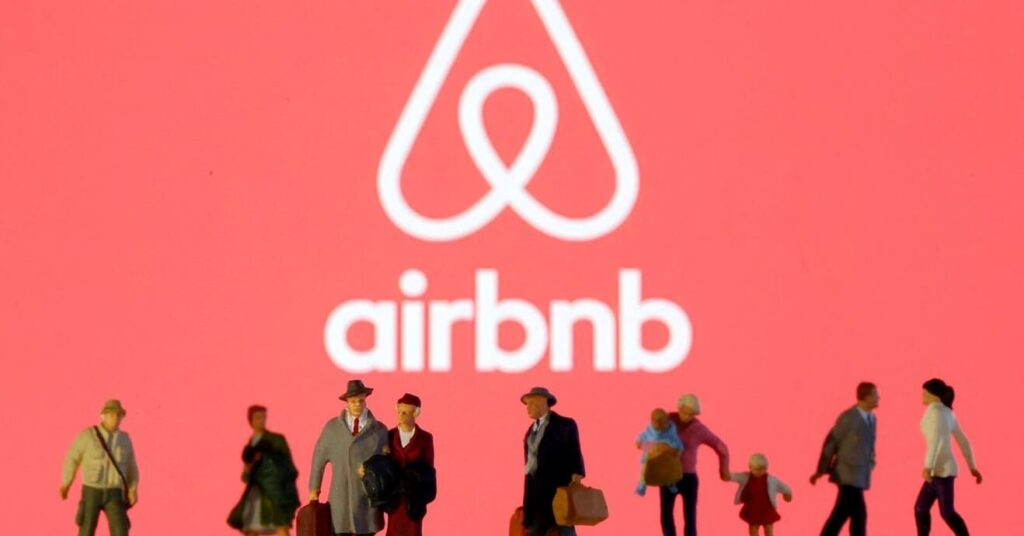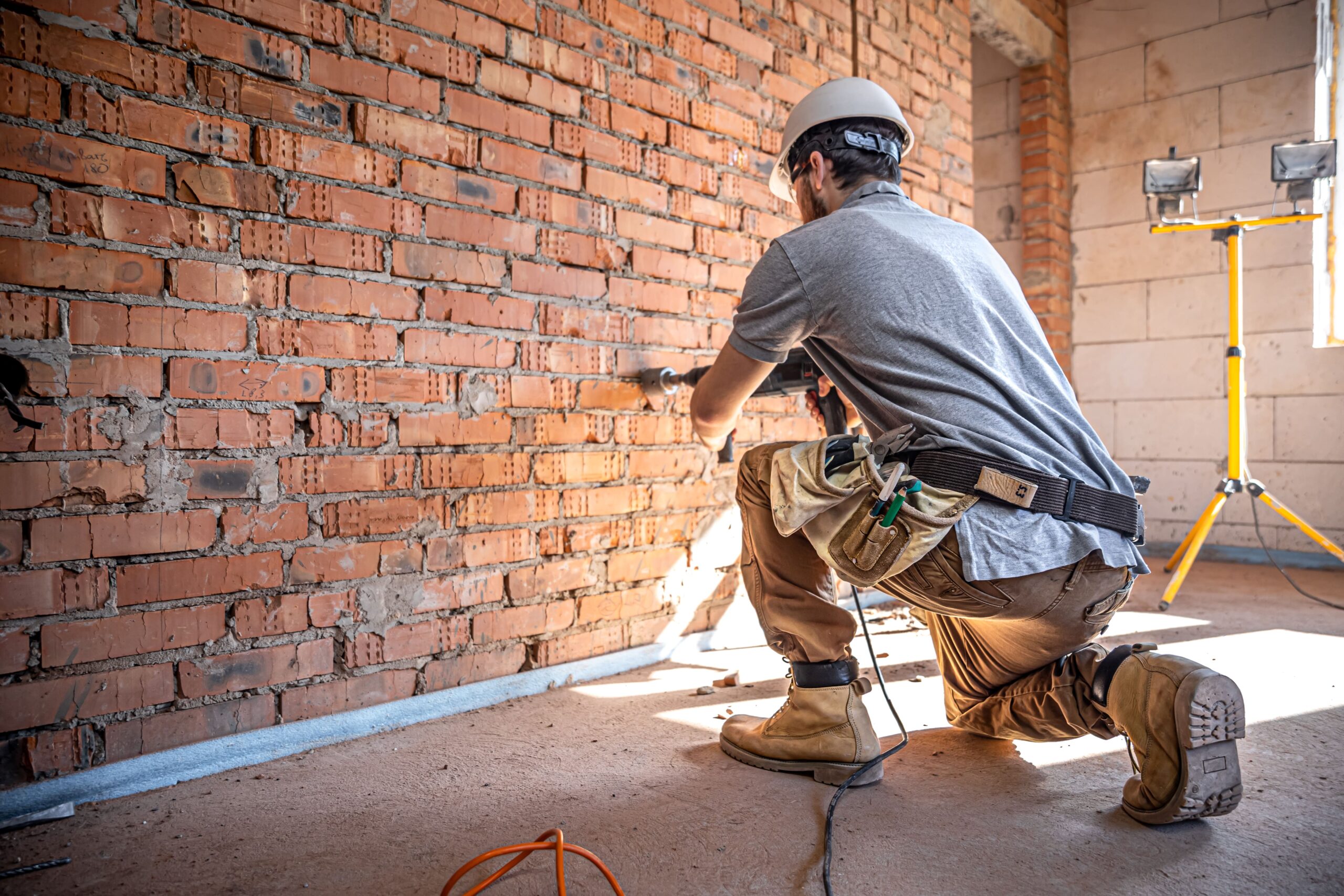In the dynamic world of property rentals, choosing between Airbnb and long-term rentals is a critical decision for investors. This article delves into the nuances of both options, comparing their profitability, setup costs, and management requirements.
From understanding Airbnb’s higher earning potential and operational demands to appreciating the stability and lower maintenance of long-term rentals, gain valuable insights to inform your investment strategy.

Airbnb rentals refer to properties listed on the Airbnb platform, which are rented out for short-term stays. This model has gained popularity for offering unique, cost-effective lodging options for travelers, and a flexible way for property owners to earn income. Unlike traditional hotel stays, Airbnb rentals often provide a more personalized and homely experience.

Long-term rentals are properties leased on a traditional rental basis, usually with lease agreements lasting six months to a year or more. These rentals cater to tenants seeking stability and a longer-term living arrangement. Landlords benefit from consistent rental income and fewer turnover costs compared to short-term rentals.
Airbnb rentals offer a dynamic pricing model, allowing hosts to adjust rates based on factors such as season, local events, or demand trends. This flexibility can lead to higher earnings, particularly during peak tourist seasons or special events in the area. For instance, properties in destinations with seasonal attractions, like beach towns or ski resorts, can command premium prices during high season. Similarly, listings in cities that host major events, such as festivals, conferences, or sports events, can see a spike in demand and pricing.
Moreover, Airbnb’s platform enables hosts to tap into a global audience, increasing the likelihood of higher occupancy rates compared to traditional long-term rentals. This wider reach is particularly beneficial in tourist hotspots or areas with a steady flow of business travelers.
Let’s make an example of calculation on how much a host can roughly earn from Airbnb platform. Suppose an Airbnb property has an average nightly rate of $100. If we assume an average occupancy rate of 70%, a fairly common rate for well-located and well-managed properties, the property would be occupied for about 21 days in a typical 30-day month. Based on these assumptions, the potential monthly earnings from this Airbnb rental would be approximately $2,100 (calculated as $100 per night × 70% occupancy rate × 30 days).
This example illustrates the dynamic nature of Airbnb’s earning potential, where factors like nightly rate, occupancy rate, and management efficiency play a crucial role. However, it is still not considered the deduction of Airbnb service fee. Hosts can adjust their pricing strategies to maximize occupancy and revenue, especially during peak seasons or special events in their area. However, it’s important to remember that these earnings can fluctuate due to various factors such as seasonal demand, competition, and changes in travel trends. Therefore, while the potential for higher earnings exists with Airbnb, it requires strategic pricing and active management.
When considering the income potential of long-term rentals, it’s important to understand the foundational aspects that influence profitability and stability. Long-term rentals, typically involving lease agreements of six months to several years, offer property owners a consistent and predictable revenue stream. This type of rental is often favored by individuals seeking a stable, ongoing income from their property investments.
At the outset, long-term rental income is determined by several key factors, including the location of the property, the size and condition of the unit, prevailing market rental rates, and the target tenant demographic. For instance, properties in high-demand urban areas or near major employment centers tend to command higher rents compared to those in more remote locations.
Let’s make an example of calculation on how much a host can earn from long term rental. Imagine a long-term rental property with a monthly rent of $1,500, a typical rate for a moderately sized, well-located property in a city. Over the course of a year, this would equate to an annual income of $18,000 (calculated as $1,500 per month × 12 months).
This example demonstrates the stable nature of long-term rental income. Unlike Airbnb rentals, which can fluctuate significantly based on seasonal demand and other factors, long-term rentals typically provide a consistent monthly income. However, it’s important to note that the potential for rent increases is often limited by lease agreements and local regulations. Additionally, long-term rentals may also incur expenses for maintenance, property management, and potential vacancies between tenants.
Overall, long-term rental income offers predictability and lower hands-on management, making it an attractive option for property owners who prefer a more steady and passive income stream.

Setting up an Airbnb property involves a range of initial investments, each contributing to the overall appeal and functionality of the rental space. These costs are crucial in ensuring that the property not only meets the expectations of potential guests but also stands out in a competitive market.
From furnishing to amenities, every aspect of the setup plays a vital role in defining the guest experience and, consequently, the success of the Airbnb listing. Let’s delve into these costs in more detail to understand the full scope of what’s involved in turning a property into a desirable Airbnb destination.
For a standard Airbnb property, initial setup costs can include:
Furnishing Costs: Assuming the property needs to be fully furnished, you might spend around RM20,000. This includes furniture for all rooms, décor, and essential household items.
Amenities Cost: To enhance guest comfort, amenities such as Wi-Fi, toiletries, basic kitchen supplies, and other conveniences might cost approximately RM 300 a month.
Initial Cleaning and Maintenance: Preparing the property for guests, including deep cleaning and minor repairs or upgrades, could cost around RM500 a month.
Based on these assumptions, the total setup cost for an Airbnb property would be approximately RM30,000. This is a one-time investment that helps in making the property appealing to potential guests and can lead to higher occupancy rates and better reviews, which are crucial for success on the Airbnb platform.
It’s important to note that while these initial costs can be significant, they are critical in setting the stage for a successful rental experience both for the host and the guests. Proper investment in setup can greatly influence the profitability and reputation of your Airbnb rental.
When preparing a property for long-term rental, the initial setup costs are an essential investment in ensuring the space is not only habitable but also appealing to potential tenants. These costs vary depending on the property’s condition, location, and market expectations. In Malaysia, where the property market can be as diverse as its culture, understanding these costs in Ringgit is crucial for landlords to budget effectively.
From basic furnishings to legal and administrative fees, each aspect of the setup requires careful consideration to balance cost-efficiency with tenant attractiveness. Let’s explore these costs in more detail to gain a clearer picture of what property owners in Malaysia can expect when setting up a long-term rental.
Let’s consider the typical setup costs for a long-term rental property:
Therefore, the total estimated setup cost for a long-term rental in Malaysia could range from approximately RM 7,500 to RM 16,100, depending on the condition and location of the property, and the level of furnishing and repairs required.
These costs are initial investments to make the property attractive and livable for long-term tenants, and they can vary based on individual property needs and market conditions.
| Pros | Cons |
|---|---|
| Higher Income Potential | Variable Income |
| Flexibility | Higher Time and Management Commitment |
| Diverse Clientele | Frequent Maintenance and Upkeep |
| Dynamic Market Response | Regulatory Challenges |
Pros:
Cons:
| Pros | Cons |
|---|---|
| Steady Income | Limited Earning Potential |
| Lower Management Effort | Less Flexibility in Pricing |
| Reduced Turnover Costs | Longer Tenant Commitment |
| Fewer Regulatory Concerns | Property Wear and Tear |
Pros:
Cons:

Deciding between Airbnb and long-term rental ultimately hinges on your personal goals, resources, lifestyle, and how actively involved you want to be in property management. If you’re seeking a higher potential income and are willing to put in more effort into property management, Airbnb can be a lucrative choice. It offers the flexibility to adjust prices according to demand and the opportunity to meet a diverse range of people. However, this comes with the variability of income and the need for active involvement in managing bookings and maintaining the property.
On the other hand, if you prefer a more hands-off approach and value consistent income, long-term rentals might be more suitable. They offer the benefit of steady, predictable revenue with fewer day-to-day management tasks. Although the earning potential might be lower compared to Airbnb, the reduced time and effort required for management are significant advantages.
For those interested in exploring the Airbnb model but are concerned about the operational aspects, Zena Suites offers comprehensive Homestay Management services. Our expertise in managing Airbnb properties can help you maximize your earnings while minimizing the hassles of day-to-day management.
Alternatively, if you’re leaning towards long-term rentals and want to ensure your property is well-prepared to attract reliable tenants, our Design and Build services can assist in creating a welcoming and attractive space for long-term occupants.
In conclusion, your choice between Airbnb and long-term rental should align with your investment strategy, personal preferences, and the level of involvement you’re comfortable with. Whether you choose the dynamic world of Airbnb or the stability of long-term rentals, Zena Suites is here to support your journey in property management and help you achieve your investment goals.